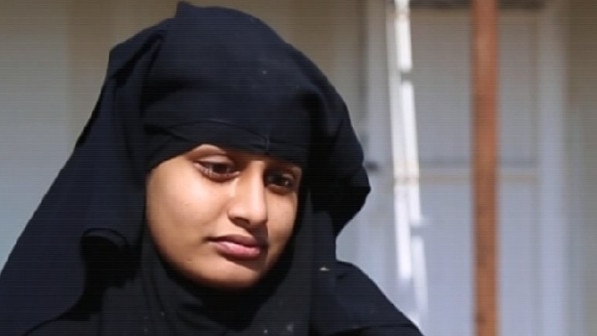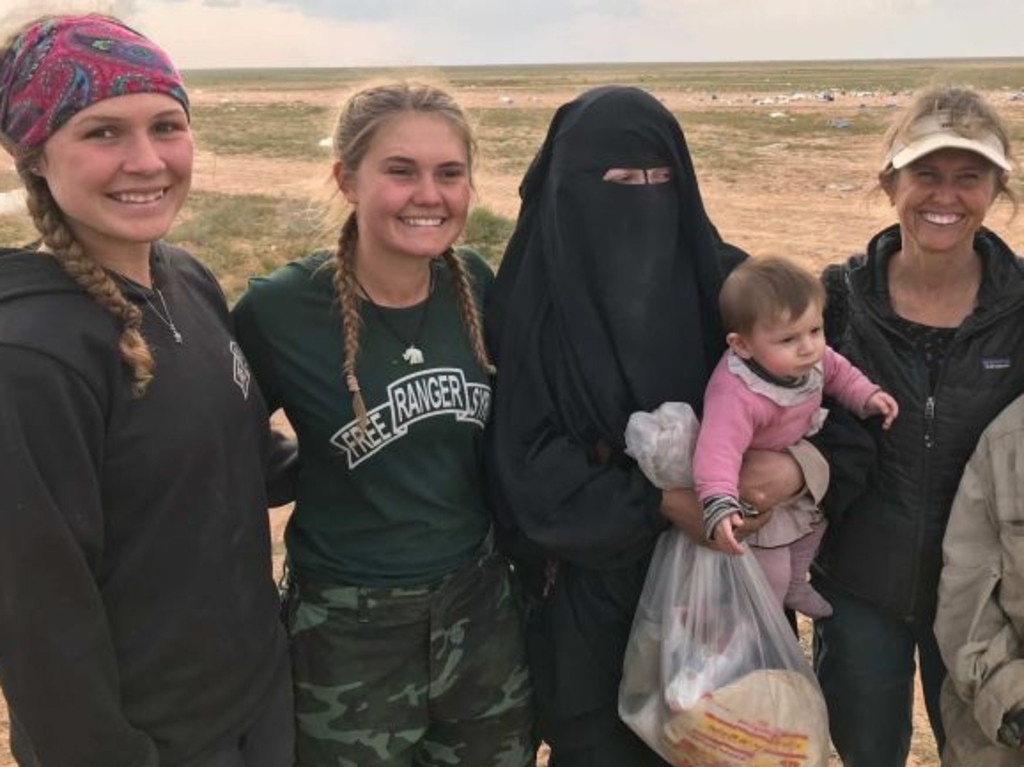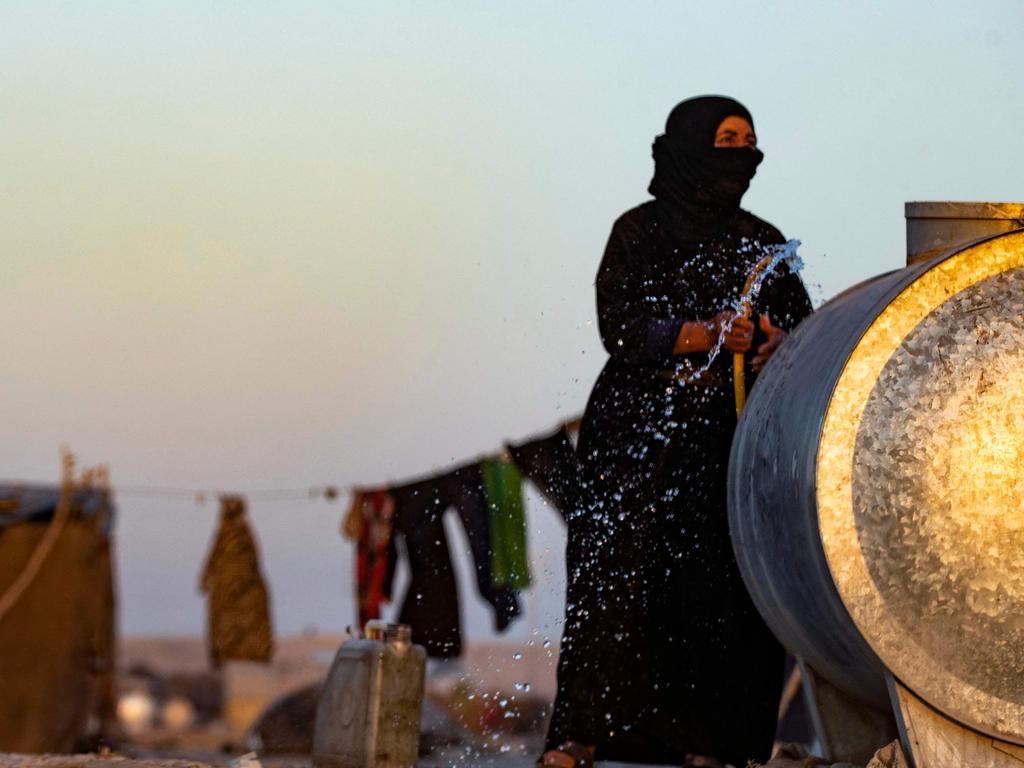Islamic State child bride Shamima Begum in legal fight to restore UK citizenship
Seven years after travelling to Syria to join Islamic State, former child bride Shamima Begum claims she was a victim of trafficking.

One of Britain’s infamous Islamic State child brides is contesting the removal of her British citizenship, claiming she was a trafficking victim.
The UK’s Special Immigration Appeals Commission heard on Monday that Shamima Begum, now aged 23, remained at the Al-Roj camp in Syria, with the Home Office still considering her a risk to national security.
Unlike Australia’s return of many women and children from Syrian camps in recent weeks, the British government has maintained a strong stance against both those who had dual citizenship or are considered a risk to the nation’s security.
Charity group Reprieve said up to 25 British families, including 36 children, were still in Syrian camps.

In 2015, Ms Begum – along with her Bethnal Green schoolfriend Kadiza Sultana, then 16, and 15-year-old Amira Abase – travelled to Syria to join Islamic State.
Sultana is presumed dead, possibly killed in an air strike, while the whereabouts of Abase – who married Australian jihadi, the “Bankstown butcher” Abdullah Elmir, killed in late 2015 – is unknown.
Counsel for the Home Office, Sir James Eadie KC, said the Begum case was about national security and was not a case about trafficking.
Mr Eadie said the Home Secretary “was well aware of the possibility” that Ms Begum was manipulated or radicalised prior to her travel. But this was weighed with the question whether she posed a threat to national security.
”A person manipulated and radicalised in that way as a young person, who had subsequently spent four years with Islamic State and married to an Islamic State fighter in Syria, is just as capable of representing a serious threat to national security – whatever the truth of any question of manipulation or radicalisation may be,’’ he said.
“That is not to condone or fail to acknowledge the seriousness of the manipulation or radicalisation in such circumstances – it is simply a realistic recognition of their consequences.”
Ms Begum’s lawyer, Samantha Knights KC, said the case concerned “a British child aged 15 who was influenced and affected, with her friends, by a determined and effective Islamic State propaganda machine”. She argued that Ms Begum was lured to Syria in 2015 with two of her school friends and was then “provided in marriage to an Islamic State fighter”. In Syria she had three children, all of whom died.
Ms Begum was found by a The Times journalist in one of the Syrian camps in 2019. But the commission heard that Ms Begum left Islamic State only when the caliphate collapsed, solely for her safety and not because of a genuine disengagement from the group.
“When she did emerge, and gave multiple press interviews shortly before the secretary of state decided to deprive her of her citizenship, she expressed no remorse and said she did not regret joining [IS], acknowledging that she was aware of the nature of the group when she travelled,” Mr Eadie said.
Ms Begum was stripped of her British citizenship, leaving her with Bangladeshi citizenship through her parents.
The commission hearing is expected to continue for five days.







To join the conversation, please log in. Don't have an account? Register
Join the conversation, you are commenting as Logout